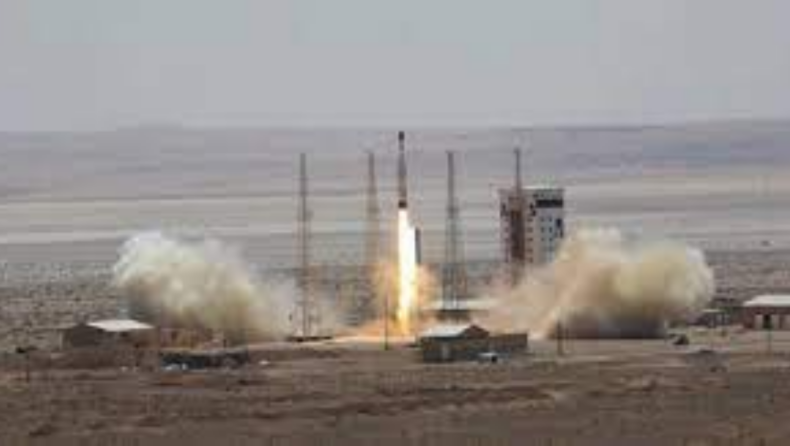According to state media, Iran has launched a satellite carrier rocket bearing three research devices into space as complex negotiations over its raggedy nuclear deal with global powers continue in Vienna.
The information on Thursday did not say when the launch was performed, nor what devices the carrier obtained with it. It was vague whether any of the entities entered orbit near the Earth. Previous launches have attracted denunciations from the United States, which unilaterally withdrew from the nuclear deal in May 2018 and reimposed embargoes against Iran.
Ahmad Hosseini, the defence ministry spokesman, said the Simorgh satellite carrier rocket had established the devices at 470 kilometres (290 miles). He did not give further details. Hosseini was cited as saying the “performance of the space centre and the performance of the satellite carrier was done properly”.
He defined the launch as “initial,” indicating more such missions will be launched. “The research purposes foreseen for this takeoff have been fulfilled,” He added, without magnifying the nature of the analysis.
Iranian television circulated footage of the white rocket – decorated with the words “Simorgh satellite carrier” and the catchphrase “We can” – firing into the dawning sky from Iran’s Imam Khomeini Spaceport. A state television journalist at a nearby desert area called the blastoff “another achievement by Iranian scientists”.
Iranian state media just showed a list of forthcoming planned satellite takeoffs for the country’s civilian space programme. Iran’s Islamic Revolutionary Guard Corps runs its similar agenda that successfully put a satellite into orbit last year.
The blastoffs have extended concerns in Washington about whether the technology employed to project satellites could proffer Iran’s ballistic missile development.
The representative added that the space launch conveyances “comprise technologies that are basically identical to and synonymous with those used in ballistic missiles, including longer-range systems,” the spokesperson added.
Iran, which for long has said it does not aim nuclear weapons, argues that the satellite launches and rocket tests do not have a military plan.
Mohammad Marandi, an instructor at the University of Tehran, said that the takeoff was a part of Iran’s space programme. It should not affect the ongoing talks.
“Iran has had this space programme for quite a prolonged time. It’s sent satellites into orbit on several occurrences,” Marandi said.“It’s pretty clear that the Iranians are going to continue with business as usual – whether it’s in relations to its space agenda – or even its ballistic rocket technology,” he stated.
“When the United States is attempting to stop Iran from even importing the medication, and when the Europeans assist the United States in restricting such import. Iran has to evolve into a self-sufficient manner and the space programme is a honest part of that action.”
On Monday, a new round of negotiations started in Vienna in a new push to make progress on revitalising the 2015 deal. Delegates have often raised the warning that time is running out to mend the accord.
Due to the US exit from the deal under former President Donald Trump, Iran is now pressing for a complete listing of the embargoes, ensuring Washington will not leave again, and a course to confirm sanctions are effectively lifted.
The deal delivered sanctions relief to Iran for curbs on its nuclear agenda.But following the US departure and imposition of sanctions, Iran dumped those curbs and is now using cutting-edge centrifuges to enrich uranium up to 60 per cent.













